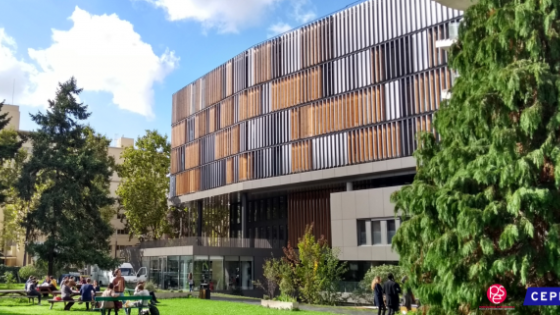DP12413 Public goods and Future Audiences
Individuals' decisions to behave prosocially (or the contrary) can often be observed by other individuals, with no direct connection to them, but who may nevertheless be influenced by them (e.g. through social media). Does knowing that they may be viewed as role models by other, notably younger, people affect the way individuals behave? Does it make them more likely to
behave prosocially? We study how participants' behavior in an experimental public good game is affected when they know that information about their choices and outcomes, together with different sets of information about their identity, will be transmitted the following year to a set of new, unknown, first-year students at the same university. When subjects know their photo, choices and outcomes will be transmitted, they contribute significantly less. We consider different possible explanations, and show that the most convincing is based on image concerns: subjects in the photo treatment care about being perceived as smart and successful by future students.


